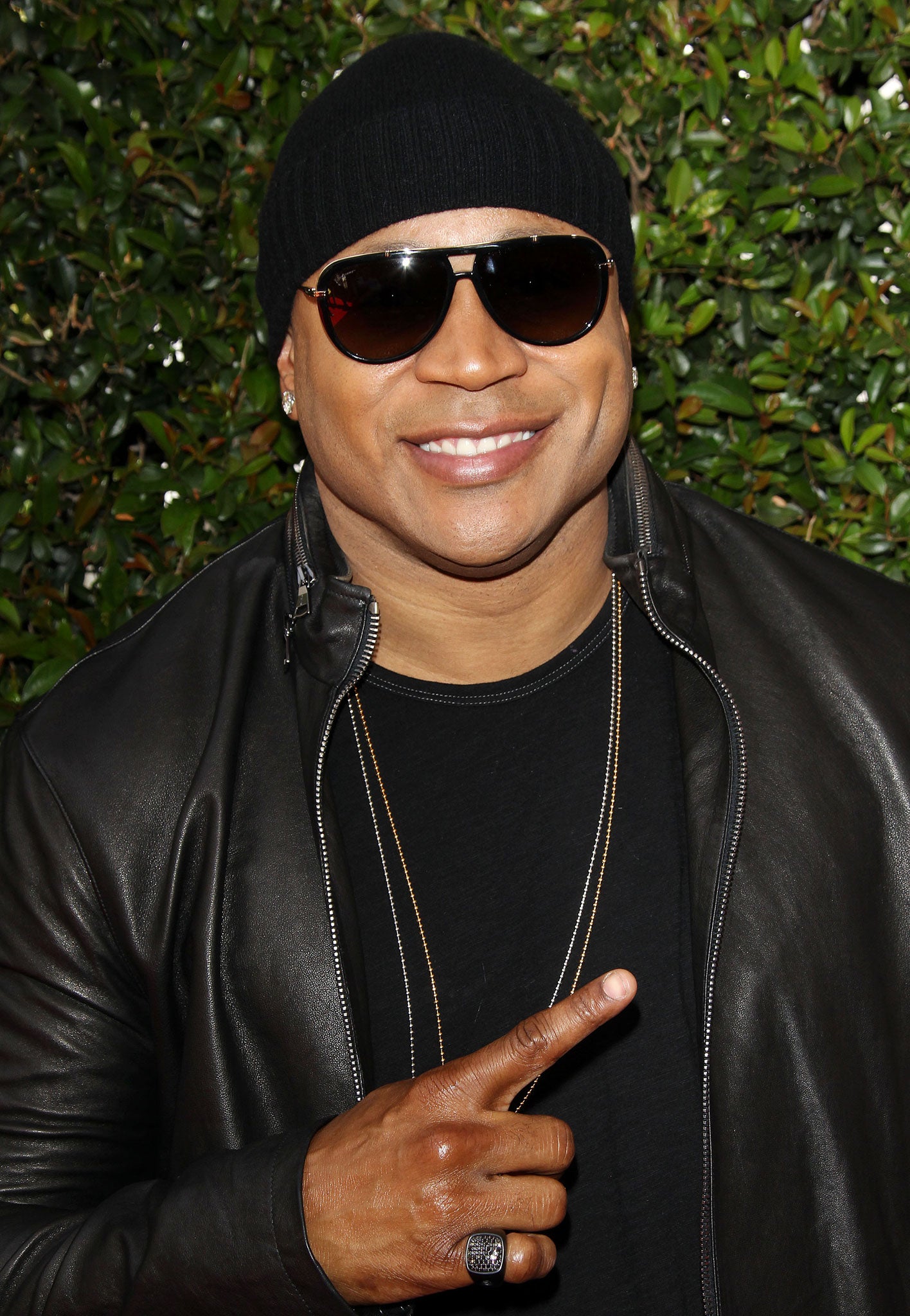Can computers rap better than humans (or should that be vice versa)?
Online games like BotPoet challenge you to identify whether verse is generated by a computer or a human

"You're somebody whether you know it or not/ Outside the weather is hot." Can computers write rap lyrics? That's a tricky question. They can evidently put together sentences that rhyme, or arrange words in a way that looks like poetry – there's evidence of that right across the web. But can they do it in a way that provokes thought, wonder or admiration? Can they do it better than humans?
Based on the couplet at the beginning of this column, you'd think the answer was "no" – but actually, that was written by LL Cool J. Yes, a human being came up with that. "So if your computer fancies having a go/ the bar has been set pretty low."
Eric Malmi, a student at the University of Aalto in Finland, fancied the challenge. In a recent paper entitled "A Computational Approach to Rap Lyrics Generation", he describes how he instructed a computer to absorb the lyrical nuance of some 10,000 songs and use that a basis to generate verse. Detecting and generating rhyme was probably the easiest challenge; if the vowel sounds at the end of lines are the same, bingo. Generating something that makes sense is a little harder.
While Malmi's program can match up original pairs of lines in its database with 82 per cent accuracy, its attempts at using those lines creatively are less impressive: "My brother I love you/ Be encouraged man/ And just know/ When you done let me know 'cause my love make you be like whoa."
Hm. But then again, 2 Chainz came up with: "She got a big booty/ So I call her Big Booty." So it's not impossible to foresee a day when a powerful computer could give a rapper on a tight deadline a run for his money.
People can get rather upset about the idea of computers being creative, rather than merely facilitating our own creative impulses. Emily Howell has released two albums of compositions since 2010, but they remain deeply controversial – because she's not human.
David Cope, a professor at the University of California, started Emily as a project to analyse his own music to see if similar pieces could be automatically generated. While doing so, he realised he could use the same algorithm to simulate other great composers.
Many in the classical world were appalled by the idea of a computer producing compositions based upon music it had absorbed (even though humans do something very similar) so Cope tried to get Emily composing in her "own style" instead. The resulting music is perfectly pleasant, but your response to it is coloured by knowing how it was made. It feels as if it's lacking in idiosyncrasy. You can tell that it's a computer. At least, I think you can. It's hard to know. Because you already know.
BotPoet, a neat online game created by Oscar Schwartz, a student at Monash University, Melbourne, challenges you to identify whether verse is generated by a computer or a human.
While playing the game, I misattributed poems by Tristan Tzara and Robert Fitterman to computers – so who knows, maybe we're reaching some kind of tipping point?
But this: "Lemonade was a popular drink and it still is/ I get more props and stunts than Bruce Willis." This could only have been written by a human. (It's from Gang Starr's "DWYCK".) Computers will have to up their game if they're ever going to come up with something that preposterous.
Join our commenting forum
Join thought-provoking conversations, follow other Independent readers and see their replies
0Comments